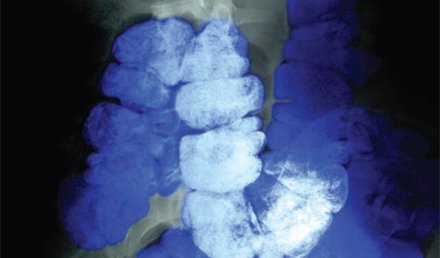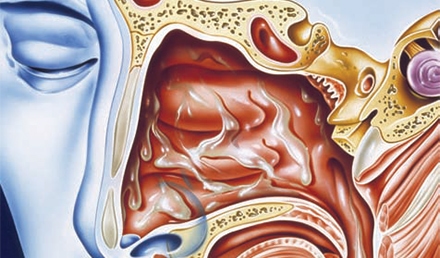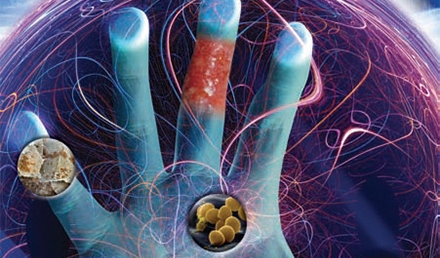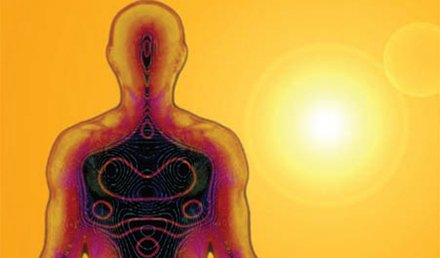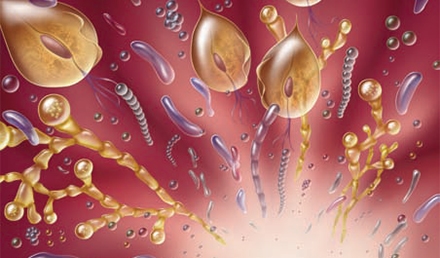Urgent message: Constipation can be a sign of serious – even life-threatening – etiologies. Once non-benign causes have been ruled out, emphasis should be on evacuation and dietary and lifestyle changes to prevent recurrence. Claire West, MD, Samuel M. Keim, MD, MS, and Peter Rosen, MD Introduction Constipation is a common complaint, accounting for approximately 2.5 million doctor visits annually. With increasing difficulty in obtaining a quick appointment with a primary care physician, more and …
Read More